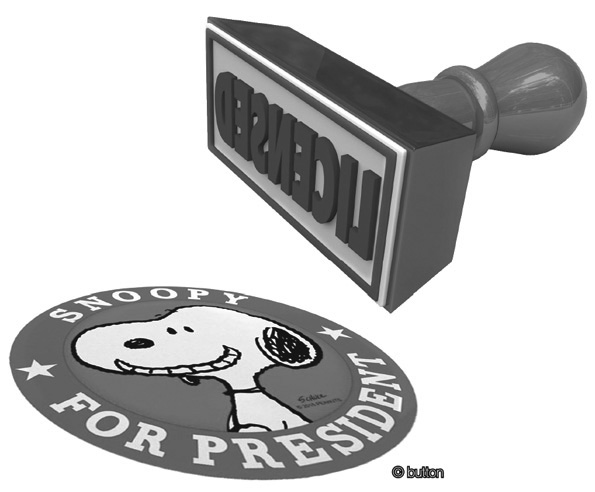
Recently, the Korean market has seen more products using characters to sell their wares. Regardless of the industry, the popularity of characters selling products is increasing. 7-eleven, which is a convenience store, signed a license agreement with Pokemon Korea to launch a variety of products using Pokemon. Also, Lotteria introduced Pokemon products targeting various age groups, ranging from children to adults, using characters such as Mazinga Z and Gude Tama. By using the names and likenesses of famous characters, the companies pay a commission to the businesses that license the character. The reason why character licensing is used is that the character has an established identity, so the products have a stronger effect or impression on consumers.
Why has using licensed characters increased rapidly in the domestic market? Choi Ji-su(’15, School of Business) said, “The character-endorsed products tend to attract the customers. If the quality of goods is equal, I tend to choose the character-endorsed products. Recently, Daum Kakao opened the Kakao Friends Shop, and it made a lot of profit, so other companies are trying to make a profit in the same way.”
The consumption of character-endorsed products like Line Friends Shop and Kakao Friends Shop has been rapidly increasing in the domestic market. Such marketing has been used all around the world, and many global companies produce added value by using the licensed character products. Most prominently, there is Kiddy Land, which is located in Harajuku, Japan, and Japan is famous for using character-endorsed products. Kiddy Land uses the character Snoopy of Peanuts, Gude Tama, Rilakkuma, My Neighbor Totoro and Miffy. Kiddy Land wants to be a complex cultural industry that combines dreams with entertainment, and it generates approximately 143 billion won by selling character-endorsed products and playthings. Peanuts is an animation about a friendship between a dog named Snoopy and a boy named Charlie Brown. Snoopy had been a mascot of MetLife for more than twenty years, and Iconix, which owns the Snoopy license, earns approximately 128 billion won per year. Now, DHX Media, Canada’s content distributor, has an 80% stake in the Snoopy character license.
The character license creates added value to the contract itself, so companies try to utilize it in marketing. However, customers must be cautious because the license requires them to pay higher prices. Recently, CJ CGV introduced the Hello Kitty Popcorn Combo through a Hello Kitty License Agreement. It attracted customers who had not planned to see a movie. CJ CGV raised the cost of the existing Hello Kitty combo from 8,500 won to 23,900 won. In this regard, Kim Yun-min, who is a mediator of the Korea Consumer Agency, said, “Character licenses are not the sole reason for price hikes. Many other marketing models are causing increased prices. These marketing efforts create value for the product, but they induce unnecessary consumption in consumers. Considering this, I think that consumers need to contemplate the true value of the products they buy.”
The market for character-endorsed products is growing both inside and outside of the country. The businesses usually use characters that are not descript in age, gender or generation. Recently, Iconix and Saint Mary’s Hospital created an image using the cartoon character Pororo for the hospital’s younger patients. Likewise, the character-endorsed items are loved by all customers regardless of their age or gender, and the companies understand that all too well, so the consumers need to grasp the marketing strategy of the enterprises and try to maintain desirable consumption habits.
By Kim Jae-wan
jw37@cbnu.ac.kr


 All
All Experience
Experience






 Kim Jae-wan
Kim Jae-wan











